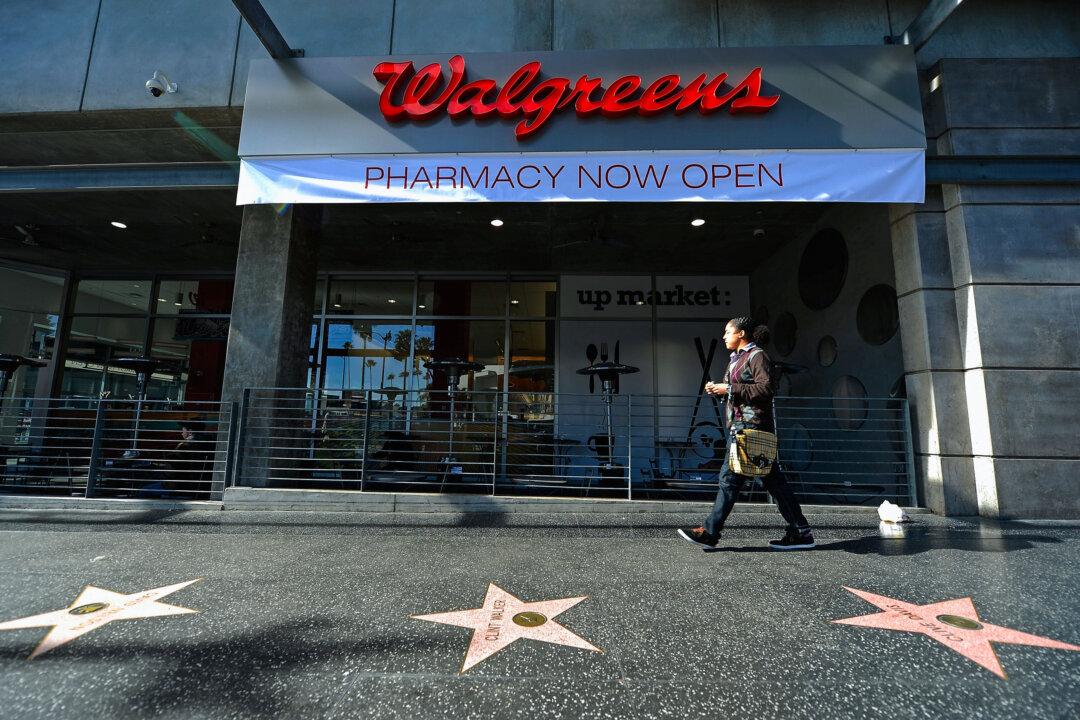Walgreens Boots Alliance announced on Thursday that it has agreed to be acquired by private equity firm Sycamore Partners for $10 billion.
The price is a fraction of the $100 billion the pharmacy chain was worth a decade ago.

Walgreens Boots Alliance announced on Thursday that it has agreed to be acquired by private equity firm Sycamore Partners for $10 billion.
The price is a fraction of the $100 billion the pharmacy chain was worth a decade ago.